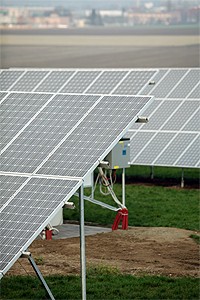Brian Glendenning
New Member
- Joined
- Jan 16, 2020
- Messages
- 2
Hi - I'm trying to figure out how I want to wire up my truck for a camping battery in the bed. (At the moment I use a goal zero 400Wh battery, charging it either in the cab (cigarette lighter) or via 100W portable solar panel) and have some questions.
1. Is there any strong reason to prefer installing this unit in the engine bay vs waterproof box I already have in my rack? I guess it saves me having to run an IGN signal wire.
2. I think an alternative would be to use separate dcdc and mppt chargers. Renogy has a 40A dcdc charger, whereas I think this unit will only draw 25A from the alternator. I think I can then just run a separate low amperage MPPT charger in parallel, i.e. they can both be "on" and connected to the camping battery at the same time?
3. Is there any strong reason to prefer using this unit over separates (pro - simplified wiring, less space, minus - if I have to run the truck to recharge (cloudy days...), significantly longer run time).
Sorry for the dumb 101 type questions.
1. Is there any strong reason to prefer installing this unit in the engine bay vs waterproof box I already have in my rack? I guess it saves me having to run an IGN signal wire.
2. I think an alternative would be to use separate dcdc and mppt chargers. Renogy has a 40A dcdc charger, whereas I think this unit will only draw 25A from the alternator. I think I can then just run a separate low amperage MPPT charger in parallel, i.e. they can both be "on" and connected to the camping battery at the same time?
3. Is there any strong reason to prefer using this unit over separates (pro - simplified wiring, less space, minus - if I have to run the truck to recharge (cloudy days...), significantly longer run time).
Sorry for the dumb 101 type questions.




